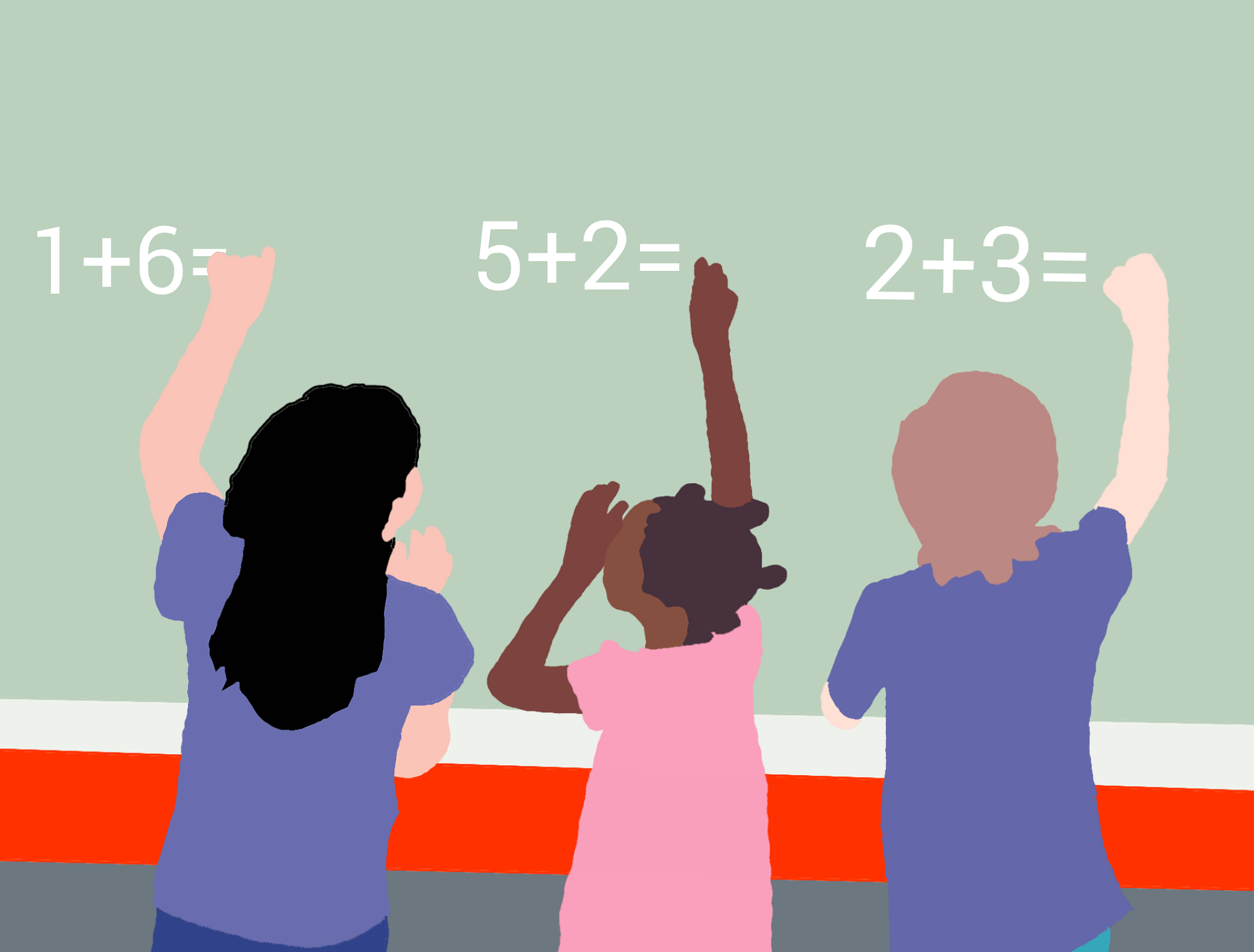Achievement emotions refer to emotions related to achievement activities (i.e. studying math) or their outcomes (i.e. math exam scores). According to control-value theory, emotions can influence students’ use of learning strategies, motivation, cognitive resources, and subsequently their performance. The theory also suggests that cognitive appraisals (control and value appraisals) are antecedents of emotions. Control appraisal is defined as the perceptions of one’s competence or control over achievement activities and outcomes. Value appraisal refers to the perceived positive or negative values of the activities and outcomes. Based on the theory, high perceived control and positive value will result in positive emotions such as enjoyment, while low control and negative value result in negative emotions such as anger. These emotions are assumed to influence academic achievement. For instance, enjoyment may be related to higher academic achievement by enhancing students’ motivation to learn. In short, the theory posits the reciprocal relations between cognitive appraisals, emotions, and achievement: cognitive appraisals lead to emotions which, in turn, influence learning and performance. The achievement outcomes subsequently influence the perceptions of control over and value of the learning activities and outcomes, which in turn elicits subsequent emotions.
To examine the theory-driven relationship between cognitive appraisals, emotions, and achievement, Forsblom et al. (2022) conducted a year-long longitudinal study with a focus on math achievement. 1716 students from 12 public schools participated in the study. The researchers collected three values of data on self-reported control appraisals (perceived control over math), value appraisals (perceived positive value of math), achievement emotions (enjoyment, anger, and boredom), and math scores on the official report cards. The results confirmed the theory-driven hypotheses: prior perceived control over math learning positively predicted subsequent enjoyment while negatively predicting subsequent anger and boredom. Perceived control was also found to have a reciprocal relationship with math achievement: prior perceived control positively predicted subsequent math achievement, and prior achievement positively predicted subsequent perceived control. There was also a reciprocal relationship between emotions and achievement: good performance in math shape students’ positive emotions which, in turn, have a positive impact on the subsequent performance. In summary, perceptions of control over math learning elicit positive or negative emotions toward math which, in turn, positively or negatively influence math performance.
Forsblom et al.’s (2022) findings support the need for teachers to foster students’ positive emotions toward math learning. Perhaps teachers can introduce cognitive reappraisal strategies to help students feel that they are in control of their maths learning. For instance, teachers can help students make the connections between math learning and students’ personal experiences in everyday life, their strengths in learning math, or their aspirations for future goals. In this way, students may be more interested in learning math and feel more competent in math learning.
In relation to EPIC’s work, Forsblom et al.’s (2022) work sheds light on the relationship between academic failure, cognitive appraisals, emotions, and achievement. It is common for students to feel anxiety and frustration after experiencing failures. But these emotions may be attributed to their cognitive appraisals of their learning and performance. Perhaps failure events negatively impact students’ cognitive appraisals of math learning, which arouse negative emotions, and subsequently affect their math achievement.
To read Forsblom et al.’s (2022) study in more detail, retrieve it at: https://doi.org/10.1037/edu0000671
Reference:
Forsblom, L., Pekrun, R., Loderer, K., & Peixoto, F. (2022). Cognitive appraisals, achievement emotions, and students’ math achievement: A longitudinal analysis. Journal of Educational Psychology, 114(2), 346–367. https://doi.org/10.1037/edu0000671

